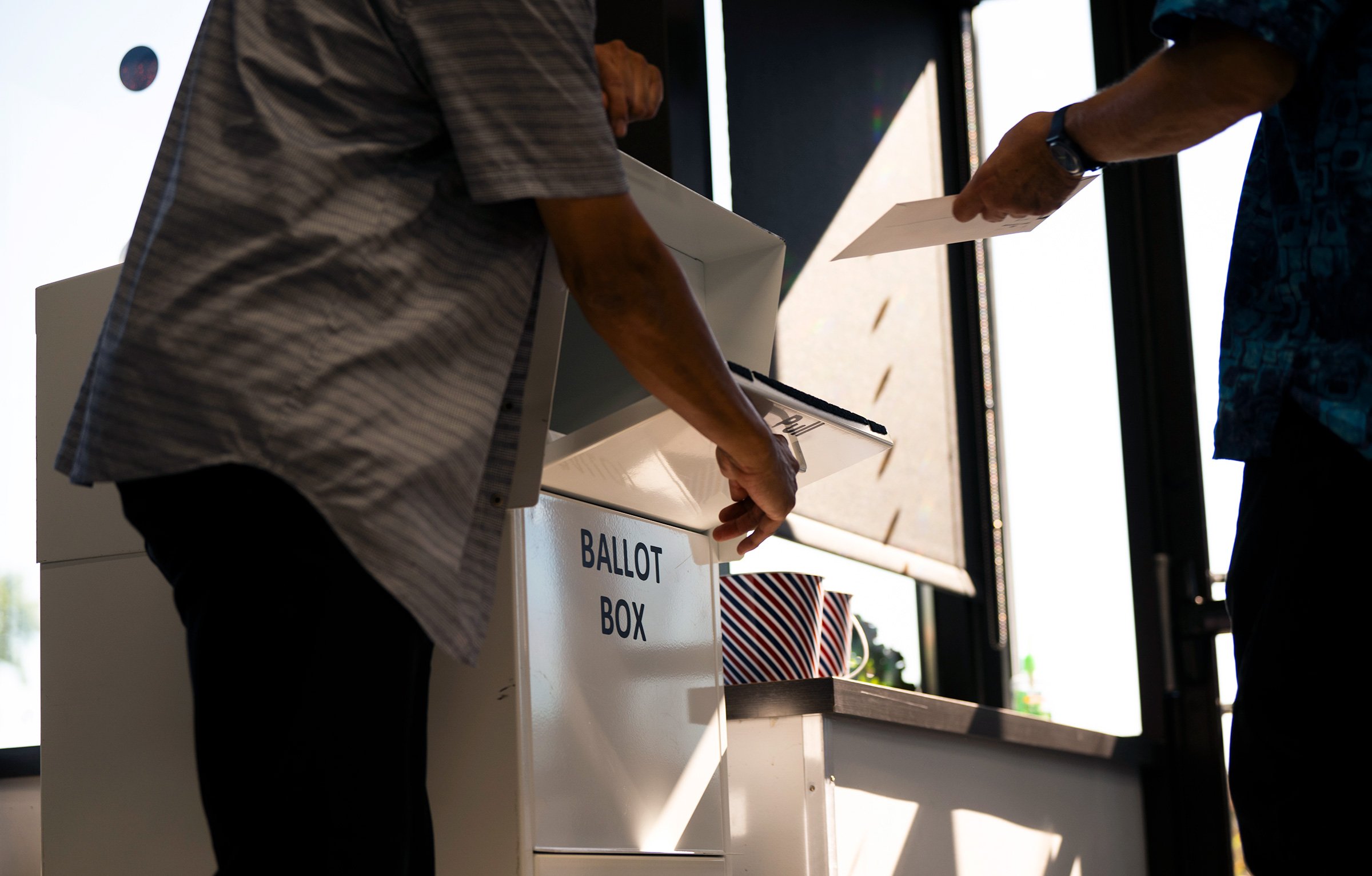The Native vote is critical for many state and federal elections, including in Arizona, Alaska, Montana, Wisconsin, North Dakota, New Mexico and Nevada — just to name a few. The influence of the Native vote has been strategically diluted through gerrymandering, voter laws and few polling locations on sovereign lands.
It also gets impacted by felony disenfranchisement, meaning laws that keep people who have been convicted of felonies from voting. These laws also keep people who are currently incarcerated, formerly incarcerated, or on probation and parole from voting.
Felony disenfranchisement is rooted in racism and was used to keep Black people from voting in the South. It became widespread after the Civil War and Black people began to gain rights in the United States.
The criminal justice system continues to incarcerate Black people and other people of color, despite making up a lower national population, at higher rates than White people. American Indians and Alaska Natives were incarcerated at nearly 40 percent higher than the national average. In Montana, Native people make up to 34 percent of the state prison population according to a report titled, “Over-Incarceration of Native Americans: Roots, Inequities and Solutions.”



That doesn’t change the fact that it can still get a lot worse.